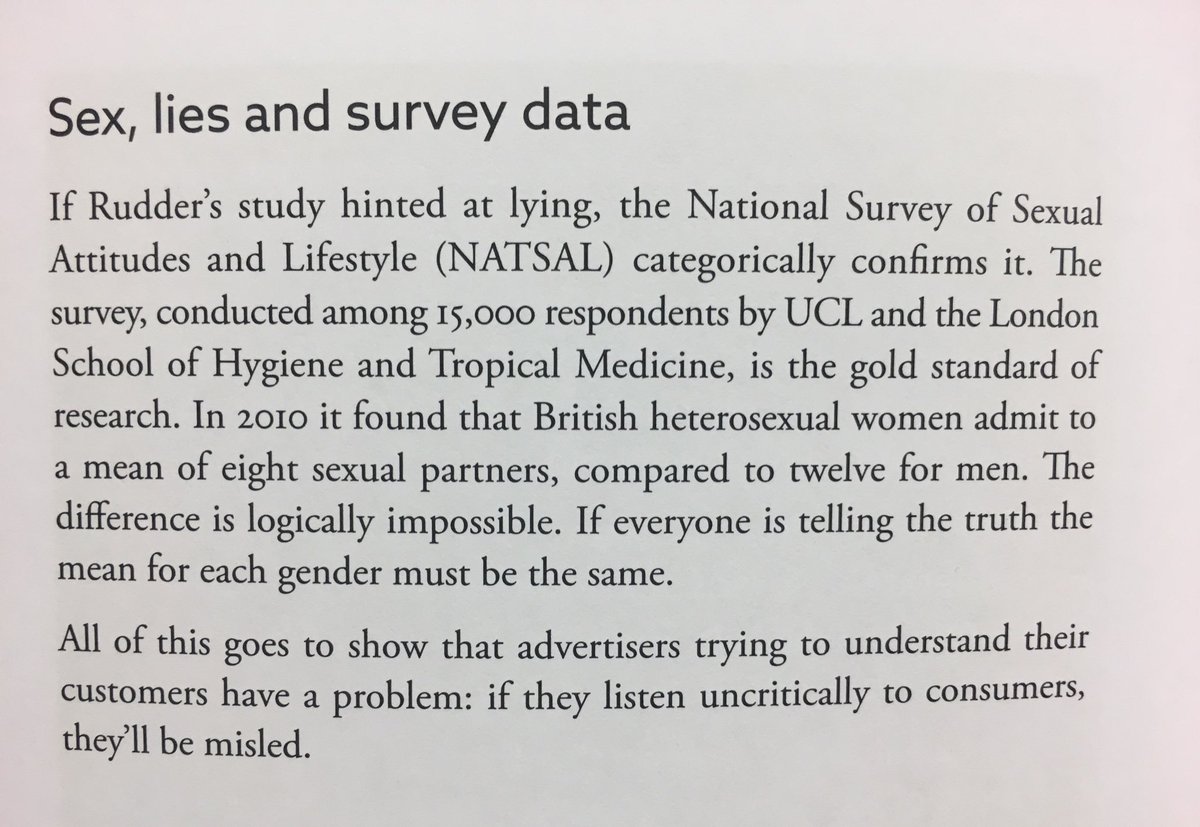A quick hypothesis: say one million monkeys speculate on the stock market. They buy and sell stocks like crazy, and, of course, completely at random. What happens? After one week, about half of the monkeys will have made a profit and the other half a loss. The ones that made a profit can stay; the ones that made a loss you send home. In the second week, one half of the monkeys will still be riding high, while the other half will have made a loss and are sent home. And so on. After ten weeks, about 1,000 monkeys will be left — those who have always invested their money well. After twenty weeks, just one monkey will remain — this one always, without fail, chose the right stocks and is now a billionaire. Lets call him the success monkey.
How does the media react? They will pounce on this animal to understand its “success principles”. And they will find some: perhaps the monkey eats more bananas than the others. Perhaps he sits in another corner of the cage. Or, maybe he swings headlong through the branches, or he takes long, reflective pause while grooming. He must have some recipe for success, right? How else could he perform so brilliantly? Spot-on for twenty weeks — and that from a simple money? Impossible!
Also known as: Outcome Bias.
Excerpt from: The Art of Thinking Clearly by Rolf Dobelli





























